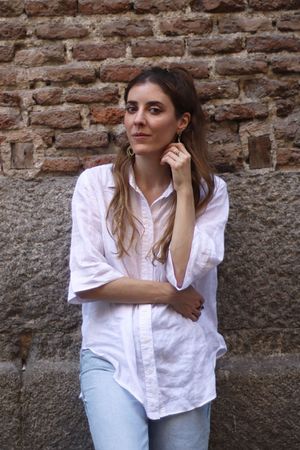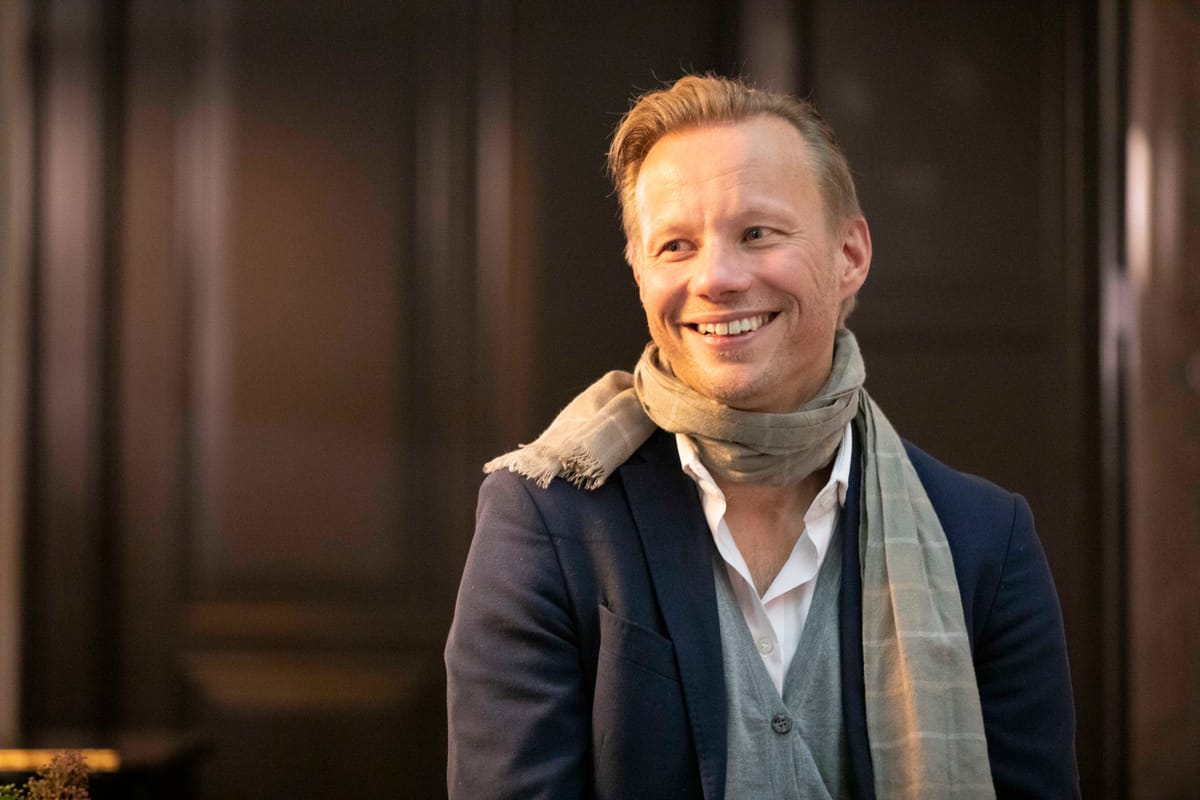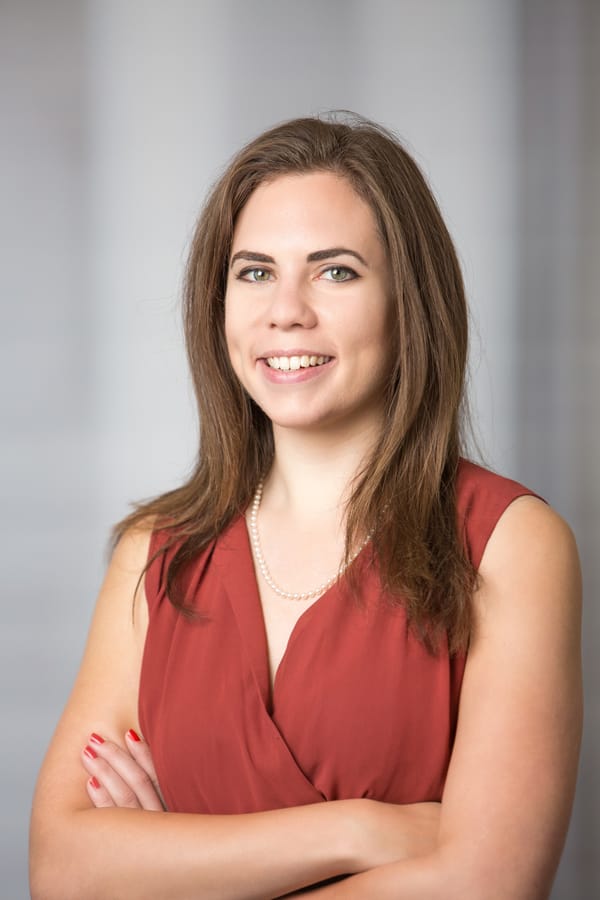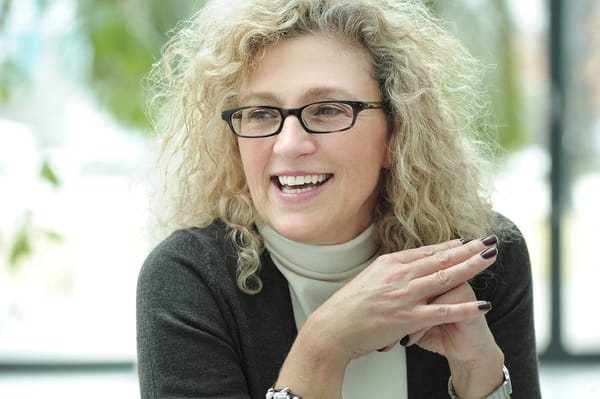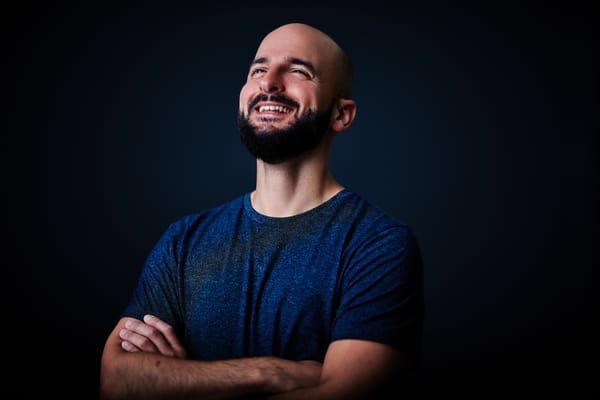Berlin, Germany
What are the long-term consequences of my actions?
This question drives Joerg Geier's work as a sustainability strategist, mentor, advisor, and entrepreneur.
Applying his broad expertise in sustainable innovation, impact investing, leadership education, and green entrepreneurship, Joerg mentors entrepreneurs at the Founder Institute in Berlin.
"I've always been intrigued by making a difference and thinking about things from somewhat of a different perspective. It was really about, 'What does it mean? What do my actions mean?'" he says.
An entrepreneur motivated by impact
Joerg has a longstanding motivation to incorporate purpose, impact, and diversity in his work. In the early 2000s, after being awarded a Fulbright Scholarship and completing his MBA at Golden Gate University, he joined the youth organization Club of Rome, a global think tank focused on sustainable development.
"[My time at Club of Rome] was, in some ways, the start to my thinking more in the world more in systemic ways, from a systems angle and from a sustainability perspective," he recalls.
From then on, Joerg worked at several renowned institutions, handling client relationships, business development, and program curation and development responsibilities.
He served as the Executive Education Director at Cambridge University's Judge Business School, oversaw a water conference held at the Vatican as the Associate Director at Watershed, and led business development at the strategy and media agency Lucid.Studio. He also served as a judge in UC Berkeley's prestigious Big Ideas@Berkeley contest and provided advisory services to companies such as Benjamin GmbH (an industrial IoT startup) and Berliner Strategen.
Naturally, his extensive and varied experience eventually evolved into mentoring. "It wasn't like from one day to another, I would do mentoring. It was more like, okay, I gathered some experience. I've looked at issues from different angles, from different sustainability angles. I also worked in education. And I always thought, 'How can I use a sustainability angle to create more awareness?'" he explains.
How to point yourself in the right direction
For startups interested in impact-driven projects, it often starts with a nudge in the right direction.
"I think it starts with a feeling there is something you can do to make a difference. And then just try to go a little further: Where do you feel comfortable making a difference?"
Joerg suggests that once the impact bug bites and you have a basic idea, it's crucial to understand the critical issues, analyze the situation with a long-term perspective, and understand the consequences of your actions.
However, many founders lack a comprehensive understanding of impact-driven work when starting out. Therefore, Joerg stresses the importance of early education and seeking advice from others with more experience.
"Especially in a pre-seed world, it's much more about educating founders. They may have the right intentions, but they don't really know yet how things work. I mean, obviously, once a startup has progressed, maybe raising a series A or series B funding, one expects them to be at a point where they know all of these things. But early on it's more about pointing them in the right direction and also maybe passing them on to other experts that may be able to help," he says.
Now more than ever, sustainability goes beyond just corporate responsibility — it's a strategic advantage. New regulations, like the EU's revised packaging and waste rules, are showing a shift towards a circular economy. Initiatives like these support EU climate goals and reward companies for positive social and environmental actions.
Additionally, the EU taxonomy (part of the EU's sustainable finance framework) guides investments toward sustainable economic activities and supports environmentally-friendly businesses. These measures offer strategic and commercial advantages to startups in the 'green business' sector.
Given the ever-changing frameworks, regulations, and boundaries, navigating sustainability can be challenging and overwhelming for early-stage startups. This is precisely where mentors add the most value.
"I'm not a fan of bureaucracy, but at the same time, sometimes certain frameworks — certain boundaries are necessary. And I think from a startup perspective, obviously, it's very difficult to deal with a lot of rules and regulations"
Joerg elaborates, "Startups need to inform themselves on what sustainability really means. And maybe that's where mentors and industry experts come in, to inform them where the boundaries are and how one can work within those boundaries and hopefully still make a difference."
"Sometimes, being truly sustainable does not only necessitate 'ticking boxes' in order to satisfy legislators' sustainability criteria, but to go about business in different ways. Consequently, this requires a mindset that is different from 'business as usual' thinking."
A holistic, long-term approach
Rather than seeking the coveted Hockey Stick Growth, Joerg believes it's imperative to understand complex interconnections within our environment and adopt a holistic viewpoint to operating your business.
"People thought they could do certain things, take actions and didn't really think about the consequences. People could pollute the air, they could destroy natural habitats and it would not have any effect on their balance sheets."
In his mentoring, Joerg seeks to transmit the importance of acknowledging the complexity of running a business in a complicated environment where social and environmental impact is front and center. He encourages founders to think hard about the future and says that accountability takes the lead when shaping tomorrow's leaders.
"In terms of leadership, it's really taking responsibility for your past actions. Also taking a long-term view when you make decisions. The system has been created to incentivize short-term action. But true leadership is really taking actions that create multiple benefits in the long run."
Recognizing the need to explore various perspectives often means leaving behind the constraints of your mindset to look at things from another angle. In this way, Joerg's mentorship and guidance help founders redefine and understand concepts differently.
"Often, especially heavily research-driven innovations, nobody really understands things... unless they're an expert. I think there is a takeaway in that your language needs to be adapted to really meets the expectations of others whom you want to address, may it be investors or clients."
Recently, as part of the EIC Tech to Market Programme, Joerg mentored a team of scientists from DLR (German Aerospace Center/ Deutsches Zentrum Luft- und Raumfahrt) working on an early-stage spin-out (technology transfer project) in the area of new concepts and materials for energy storage. With their highly technical approach, these scientists found it hard to communicate the market opportunity and their value proposition to stakeholders lacking the technical background.
"For me a point of insight is that often, individuals or companies do the right thing, but they fail in communicating their efforts, or the benefits of their efforts. This is particularly true to science-based, hardware or DeepTech innovations that may require more context and explanation for stakeholders to understand the value proposition."
Applying sustainability in your business
Approaching how you do business from a sustainability angle does not mean leaving behind all the fundamental factors that make a startup profitable. If you dive into impact-driven work, balancing profit and impact is crucial.
While we speak, Joerg clarifies that he is "...not saying companies should not be focused on making money — having a profit, healthy revenue. That's a given. But at the same time, optimizing short-term profits often sacrifices long-term gains, so there is a bit of a trade-off."
"I think it is very important that companies — and leadership of companies — make an effort to think about the long-term benefits of their actions," he says.
Regarding pivoting or altering your current strategy to integrate sustainability and impact into your work, Joerg says, "I think it's important to remain open. The best sustainable product doesn't work if it's not adopted by the market."
"The old rules are still important in terms of value proposition — is there a market for your product, who are the customers, etc. Sustainability doesn't mean that you can ignore all the other things, it just means it's a layer on top that you need to take into account as well."
He also thinks that sustainability and impact-driven work can create new opportunities for startups to connect with their customers, "especially these days where people are asking important questions. I think people are more informed, which means that there is a general sentiment that sustainability is important."
Finding a balance between profit and impact is particularly evident in his collaboration with Carbon Mobile, a company that worked with him closely to refine its sustainability approach. Although sustainability was permanently embedded in their team's strategy, their focus leaned heavily on expressing the technical advantages of their product: a carbon fiber material that can revolutionize the consumer electronics industry by making products lighter and more durable.
"I encouraged them to communicate their sustainability benefits much more strongly, e.g., the reduction of e-waste, the replacement of plastics and metals with a more sustainable material, and the overall reduction of the environmental footprint," Joerg explains.
By highlighting the critical environmental benefits, Carbon Mobile reinforced its sustainability narrative and met the more rigorous requirements demanded by impact investors or corporate VCs seeking to deliver specific sustainability KPIs.
When asked to recommend concrete actions, Joerg advises businesses to keep track of emerging legislation that addresses sustainability challenges. These laws carry binding implications, particularly when companies reach a specific size. Staying current allows startups to implement sustainability criteria early on while giving them a market advantage relative to competitors.
Additionally, anticipating events like climate or biodiversity negotiations can keep you at the forefront of strategic planning: "As a mentor, I'd first do an analysis of the business landscape, current and potential future changes, and then do a systematic analysis of what product or framework criteria could be addressed and changed [to be more sustainable]."
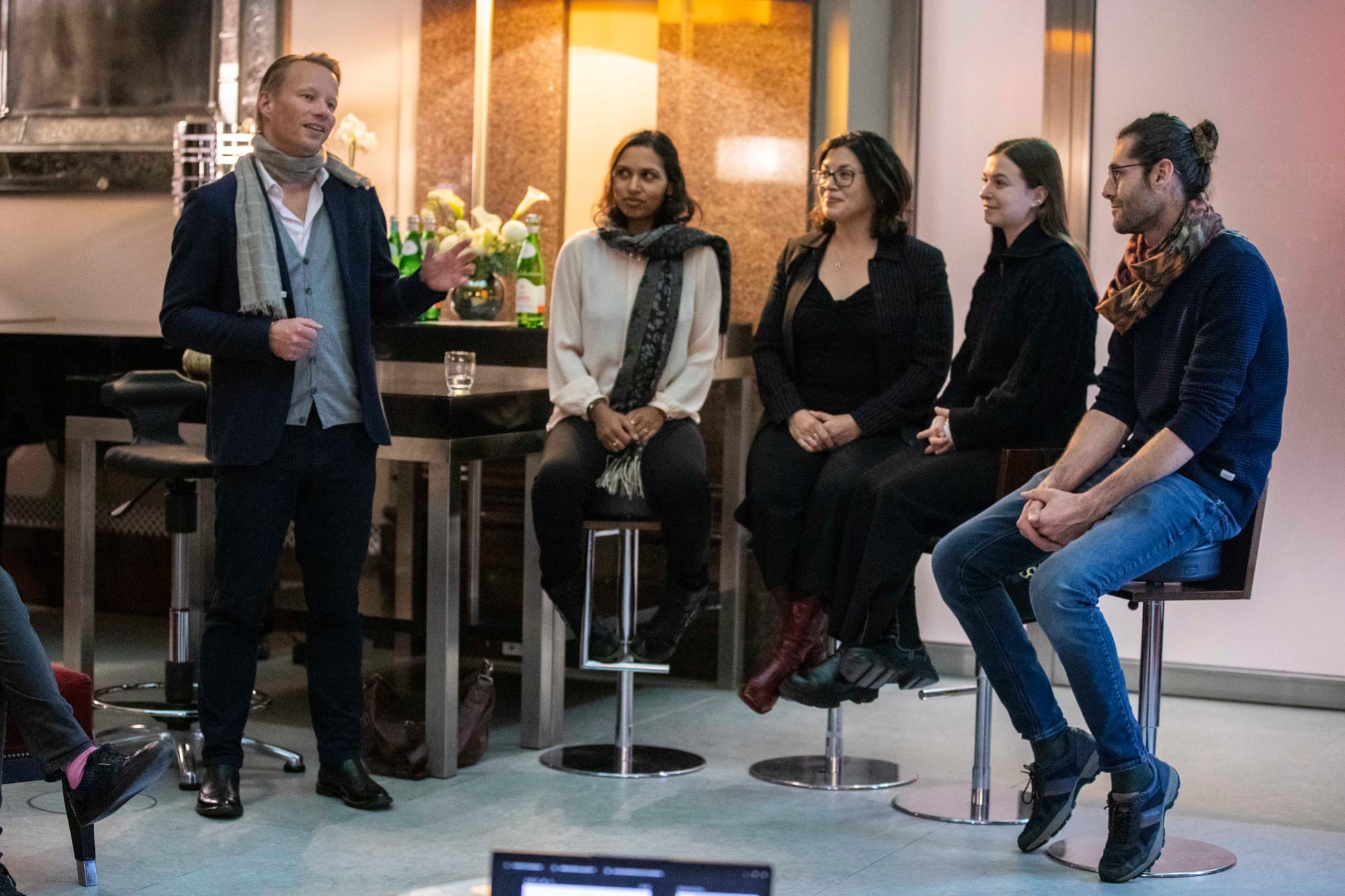
The future is about collaboration
As user-generated content proliferates, the amount of information online becomes increasingly overwhelming. Quantity and omnipresence often take precedence over meaningful engagement.
While today's 'content culture' offers us a certain level of independence and empowerment, Joerg highlights the need to stay authentic in the face of social pressure to project an idealized image.
In pursuing a better world, rather than drowning in the constant pressure for perfection and self-promotion, he believes the focus should shift towards mutual collaboration, which is crucial in addressing sustainability challenges.
"I usually emphasize that we've outgrown the age of competition and we have entered an age of collaboration. And this is very important for the sustainability challenge. We need to collaborate much more... to see how we can maximize our output together."
There's a palpable desire for change, but the current systems are still deeply rooted in old thinking. A conflict between a world that wants to change and one still stuck in past methods creates a pressing need to align our systems with today's mindset.
It's a work in progress. Leaving behind the outdated, individualistic approach is challenging, and we still have a long way to go. Still, the call is to engage with others actively in search of collective solutions.
In connecting and creating mutually supportive networks, founders and mentors can leave traditional hierarchies aside, sharing insights and perspectives that benefit the whole ecosystem.
"I know it's easier said than done. At the end of the day, you're measured against your own success and not the group's success. And yet, I think it's important to somehow try to increase the benefit of the whole impact ecosystem, rather than just leveraging your own benefit."
